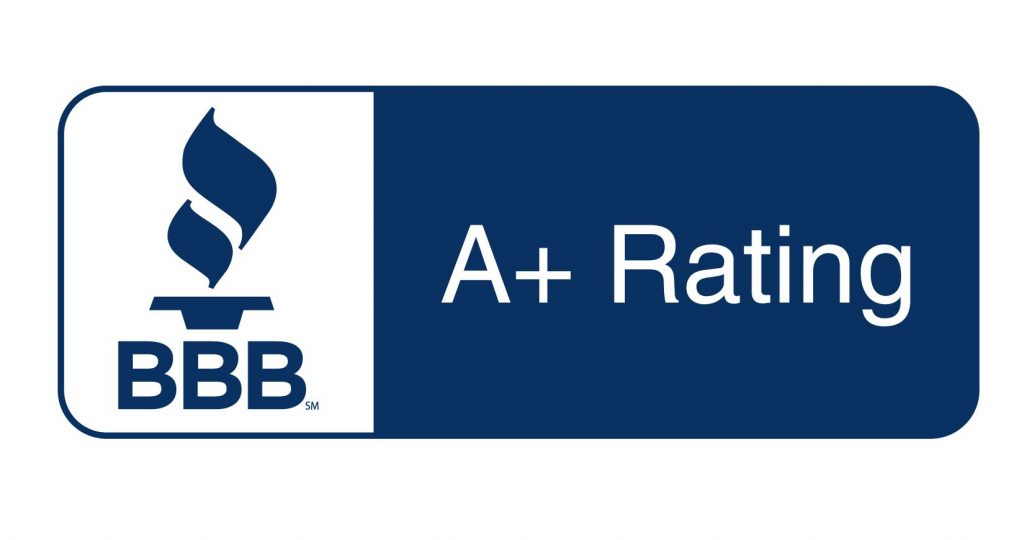Medicare Part C – Medicare Part C, also known as Medicare Advantage, has become increasingly popular over the last few years. It’s heavily advertised on TV, where much emphasis is placed on the extra benefits it provides. But is Medicare Advantage as good as all the hype? Let’s find out.
How Does Medicare Advantage Work?
Before you make a decision on whether or not a Medicare Advantage plan is right for you, there is a number of things you’ll need to understand. The first thing to know is how these plans work.
People often refer to Medicare Advantage plans as a “replacement” for Traditional Medicare (Parts A and B). Using that word might be a little confusing, but it’s not completely wrong. If you enroll in a Part C plan, all your benefits from Part A and Part B (except the hospice benefit) will be transferred to your Part C plan. Instead of the government being responsible for your medical bills, the private insurance company will be responsible for them.
A Medicare Advantage plan takes your benefits from Traditional Medicare, tosses in added benefits, and wraps them all into one convenient plan. Since these plans are offered by private carriers, benefits vary greatly from one plan to the next. Generally speaking, though, you’ll find coverage for dental, vision, hearing, and prescription drugs in a Medicare Advantage plan. You won’t find those things in Traditional Medicare or a Medicare Supplement (Medigap) plan.

Types of Medicare Advantage Plans
The next thing you need to know about Medicare Advantage plans is that there are several different kinds. This is very important to know because how and where you receive care will be dictated by the plan. There are six kinds of Part C plans.
- Health Maintenance Organization (HMO)
- Preferred Provider Organization (PPO)
- Point-of-Service (HMO-POS)
- Private Fee-for-Service (PFFS)
- Special Needs Plan (SNP)
- Medicare Savings Account (MSA)
All these plans can be very beneficial, but you’ll need to know which kind of plan you have to make the most of your benefits. For example, if you enroll in an HMO plan, you need to see providers that contract with that specific HMO plan. Otherwise, you won’t have any coverage and will be stuck with the entire cost of services.
In addition, be aware if your plan is an MA-Only or MAPD plan. An MAPD (Medicare Advantage Prescription Drug) plan includes drug coverage. An MA-Only plan does not. If you enroll in an MA-Only plan, you cannot always enroll in a separate Part D plan.
Medicare Part C Enrollment
It’s important to note that you can only enroll in Medicare Advantage plans that are offered within your zip code. To enroll in Medicare Part C, you must first enroll in both Part A and Part B. The first time you are able to do this is around the time of your 65th birthday. You’ll have a 7-month window of time called your Initial Enrollment Period or IEP. You can enroll in Parts A and B and also choose a Part C plan during that 7-month window.
If you decide to delay your Medicare enrollment because you have other creditable health insurance, you’ll be allowed to enroll in Part C when that coverage ends. In addition, there are other life events that may qualify you for a Special Enrollment Period (SEP) if you don’t enroll during your IEP. The list of qualifying events is quite long, so you should speak to a Medicare advisor to find out if you might qualify.
There are two other enrollment periods that are important for Medicare Advantage. The first is the Annual Enrollment Period or AEP. This enrollment window occurs from October 15 to December 7 of each year. Medicare beneficiaries are allowed to change their current Medicare Advantage plan to a different plan, which would go into effect on January 1. They can also choose to switch back to Traditional Medicare or enroll in Medicare Advantage for the first time.
Lastly, the Medicare Advantage Open Enrollment Period begins on January 1 and ends on March 31. Individuals who are already enrolled in a Part C plan can make a one-time change to their plan. Changes go into effect the following month.
If you’d like to learn more about Medicare Part C, talk to one of our agents at Carolina Senior Benefits. Our advisors specialize in all things Medicare and can help you decide if a Medicare Advantage plan is right for you.





